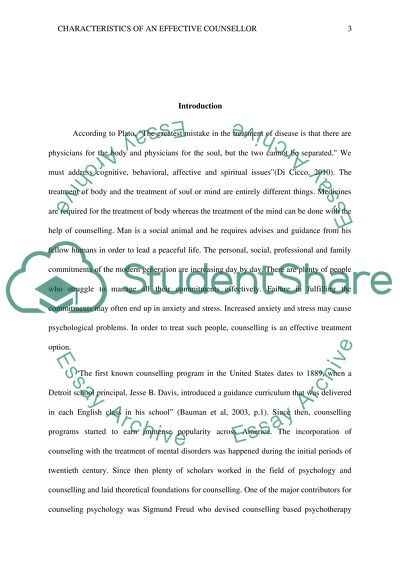Cite this document
(“Characteristics of the Effective Counselor Research Paper”, n.d.)
Characteristics of the Effective Counselor Research Paper. Retrieved from https://studentshare.org/psychology/1492825-counselor-wellness-and-impairment
Characteristics of the Effective Counselor Research Paper. Retrieved from https://studentshare.org/psychology/1492825-counselor-wellness-and-impairment
(Characteristics of the Effective Counselor Research Paper)
Characteristics of the Effective Counselor Research Paper. https://studentshare.org/psychology/1492825-counselor-wellness-and-impairment.
Characteristics of the Effective Counselor Research Paper. https://studentshare.org/psychology/1492825-counselor-wellness-and-impairment.
“Characteristics of the Effective Counselor Research Paper”, n.d. https://studentshare.org/psychology/1492825-counselor-wellness-and-impairment.


